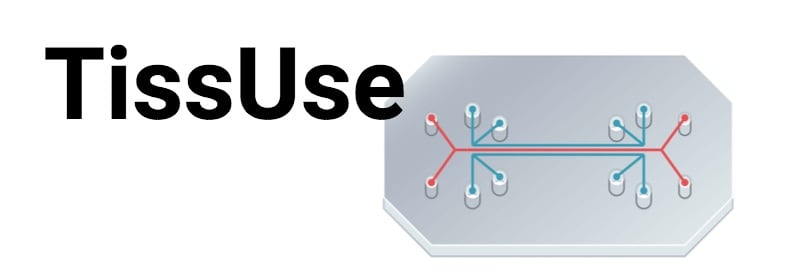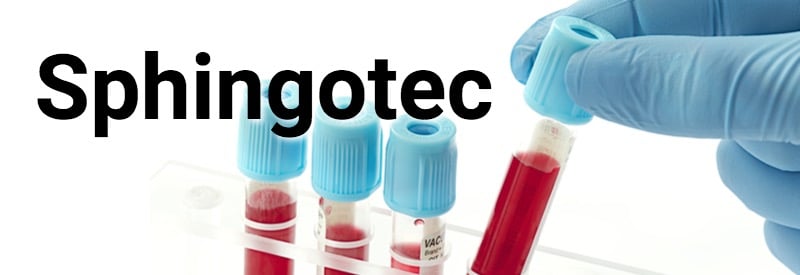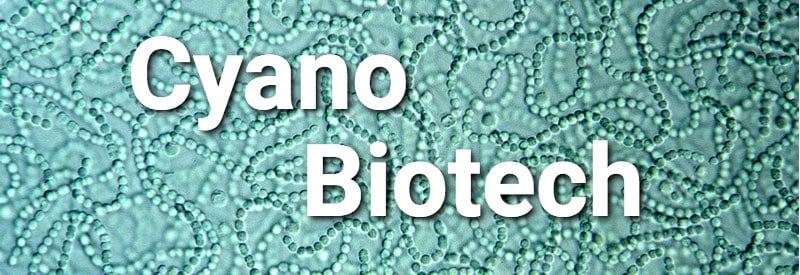Newsletter Signup - Under Article / In Page
"*" indicates required fields
The vibrant startup scene of the German capital has attracted many biotechs to make it their home. Here are ten biotech companies in Berlin to keep an eye on.
Well-known for its history and rich cultural scene, Berlin is also a hotspot for startups of all kinds (including us!). As the headquarters of the successful pharmaceutical Berlin-Chemie, and with a large Bayer division, the city is strong in life sciences, supported also by multiple top research institutions such as Charité, the Humboldt and Free Universities, and several Max Planck centers. Berlin also hosts multiple accelerators that support biotech startups, including Bayer’s CoLaborator and Pfizer’s Berlin Healthcare Hub.
Biotechs of all kinds are trying to change the world from their base in this beautiful city. Let’s have a look at some of the most exciting biotech companies in Berlin.

Mologen develops immunotherapies for cancer and infectious diseases. Its lead candidate is a DNA molecule that can influence the activity of the immune system. The candidate drug is currently in Phase III trials for treating metastatic colorectal cancer and in Phase II trials for treating small cell lung cancer. It has also shown promise as an anti-HIV agent.
Founded in 1998, Mologen is one of few European companies (especially at the time) that was publicly listed immediately at launch. Today, it has a market cap of around €40M.

Founded in 2001, Glycotope has a unique approach for developing cancer drugs. The company focus on glycosylation, a natural process by which proteins are chemically bound to highly specific chains of sugar molecules. The company develops both antibodies optimized against glycosylated cancer targets and biological drugs that are glycosylated with the aim to increase the efficacy and reduce the side effects of the drugs.
Glycotope’s lead antibody candidate is being tested in Phase II clinical trials for ovarian and squamous cell carcinoma. The company recently signed a licensing agreement with Daiichi Sankyo to combine this antibody with the Japanese pharma’s antibody-drug conjugate technology.

Noxxon seeks to combat cancer by blocking the mechanisms tumor cells use to escape from being attacked by the immune system. The company focuses on neutralizing chemokines, signaling molecules involved in creating and maintaining the protective tumor microenvironment. The premise is to combine this technology with cancer treatments to enhance their effectiveness.
Noxxon’s lead candidate is being tested in a Phase I/II in combination with Merck’s Keytruda in pancreatic and colorectal cancer, with results expected later this year. It is also being tested against glioblastoma in combination with radiation therapy.

Founded in 2009, Adrenomed revolves around the development of an antibody treatment against septic shock. This life-threatening condition occurs when the immune system reacts too strongly to an infection, causing blood circulation to fail and damaging multiple organs. The condition has a mortality rate of up to 80%.
Adrenomed’s antibody targets adrenomodulin, a hormone that regulates the correct functioning of blood vessels, with the aim of blocking the effects of a septic shock. The company is currently running a proof of concept Phase II trial with the antibody drug in patients with early septic shock.

Epigenomics specializes in developing non-invasive blood tests for cancer. The company’s expertise lies in the discovery of DNA methylation biomarkers. Methylation is a modification of the DNA that affects the activation or deactivation of genes, which is often determined by the environment. Alterations in methylation patterns are known to play an important role in the development of cancer.
The company has launched a test for colorectal cancer and another for lung cancer and is currently conducting research in tests for prostate, bladder, breast and ovarian cancer.

TissUse builds organ-on-chip technology that recreates the physiological conditions of human organs inside a chip that fits in the palm of your hand. The goal of these devices is to increase the accuracy of preclinical testing, yielding better results than either animal testing or cell cultures.
TissUse builds chips of escalating complexity, ranging from just two organs to a human-on-a-chip that emulates the interactions between 10 organs (intestine, liver, pancreas, kidney, lung, bone marrow, skin, adipose tissue, ovary or testicle, and brain) that are interconnected through a microfluidic circulatory system.

MINT Engineering is an expert in photoreactors for growing microalgae. The company builds custom reactors and supports setting up and maintaining functioning algae photoreactors for customers.
Beyond the conventional industrial bioreactors, the company builds photoreactors that are integrated into the exterior of a building. MINT Engineering built one of these reactors on a building of the EUREF Campus in Berlin. The pipe system is designed to withstand harsh weather conditions and uses the natural sunlight that the building receives every day to grow chlorella and spirulina, two algae used in the production of nutritional supplements.

Myelo Therapeutics focuses on treating one of the most common side effects of chemotherapy, which consists of a reduction in the levels of a type of white blood cell called a neutrophil. Known as chemotherapy-induced neutropenia, this condition leaves patients vulnerable to infections and can be deadly.
To fight this condition, Myelo Therapeutics is developing a small molecule drug that targets the process by which blood cells are created, inducing the production of the precursor cells that will eventually become neutrophils. The drug candidate is currently being evaluated in a Phase IIa trial with results expected soon.

Founded in 2002, Sphingotec is a diagnostics company that develops blood tests for acute medical conditions, such as kidney injury, endothelial dysfunction, heart failure, and sepsis. The technology is based on the detection of specific biomarkers linked to these conditions that have been identified by the company.
Sphingotec has developed a portable equipment that can run an entire blood test anywhere by just loading the sample into a cartridge disc. The company plans to launch its existing blood tests adapted to this portable format.

As its name hints, Cyano Biotech works with cyanobacteria, a group of microorganisms that, like plants, get their energy from photosynthesis. The company screens them in search for natural compounds that have potential applications in cancer, infectious diseases or anti-aging.
In the field of oncology, Cyano Biotech has already identified several compounds with therapeutic potential and is working on their development with an undisclosed partner. The company also offers services related to the development of cyanobacteria strains and their analysis.
Do you know of any other companies in Berlin worth a mention? Let us know!
A previous version of this article was published on March 2016, authored by Philip Hemme. It has since been updated to include more biotech companies in Berlin.
Images via Shutterstock






